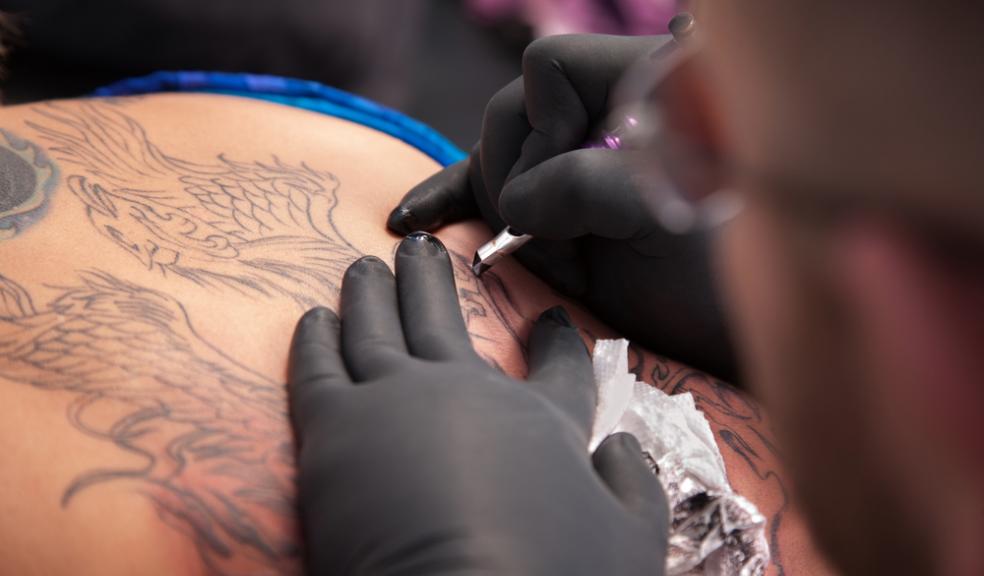
New scheme for tattoo artists
Plymouth’s tattoo artists are being urged to sign up to a new scheme designed to curb sharp practices and make the industry safer for customers.
The Council’s Public Protection team is launching a competency scheme for reputable tattoo businesses as part of a drive to make sure tattoos and skin piecing takes place in hygienic and well-run premises.
The project has been set up in an attempt to reduce infection and injury through better awareness and training around infection control within the skin piercing and tattoo industry.
It is also hoped that the scheme will help the industry and the Council work together to stamp out unregistered tattooists and clamp down on ‘scratchers’ people who operate – often from their home – without any training.
Councillor Sue McDonald, cabinet member for Children, Young People and Public Health said: “Tattooing and other skin piercing are hugely popular in this city and there are some extraordinarily talented and good practitioners.
“While the law requires tattoo premises and tattoo business owners to be registered, the customer has no idea how good that business is.
"Unfortunately the quality of tattoo artwork is not covered by any legislation so the general rule is: “Think before you ink!”
The Council is visiting all 30 premises in the city and encourage them to carry out a self-audit to make sure they are up to speed with all the basic health requirements.
There will then carry out follow-up inspections, as well as host training sessions with public health professionals for infection control and work to introduce better reporting arrangements for ill health and infections.
There are currently no recognised or accredited training courses for tattoo artists.
The Council’s audits are being carried out in accordance with the most detailed scientific study into hygienic tattoo practices. The study, which was completed by Public Health England, the Chartered institute of Environmental Health and the Tattoo and Piercing Industry Union, identifies the expected standards for practice, agreed knowledge and skills frameworks or arrangements for monitoring and reporting professional competence within the industry.
Because piercing and tattooing involves contact between blood and instruments, there is a risk of blood borne infections such as HIV and hepatitis as well as other skin infections that can lead to permanent disfigurement and blood poisoning.
Councillor McDonald added: “We know that people are tattooed by the friends at home using kits bought of the internet. We hope this scheme will make people think twice about going down this path.
“It is vital that equipment is properly sterilized and that tattooists and piercers have a thorough knowledge of cross-contamination prevention.
The audit toolkit is on the council website visit www.plymouth.gov.uk/licensingfacility?id%3D77658













